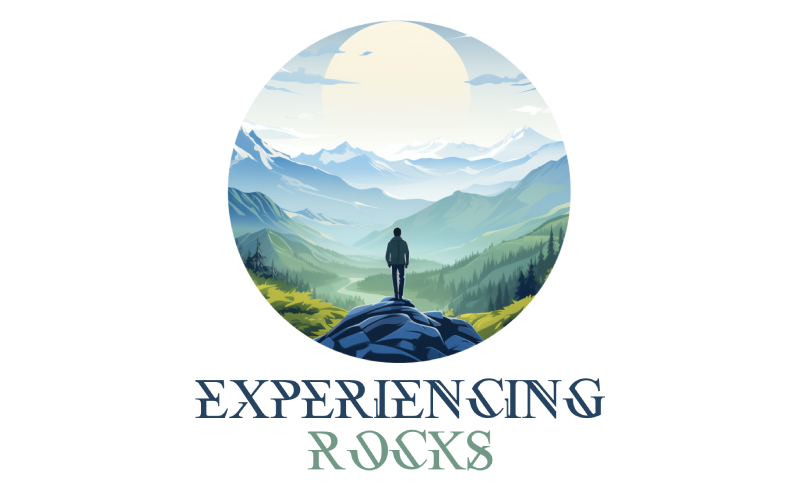In the realm of human belief and understanding, spirituality and astrology have long held a significant place. While they offer solace and guidance to many, they are also shrouded in myths and misconceptions. In an age where scientific rationality often clashes with metaphysical beliefs, it becomes essential to approach these topics with a balanced view, separating the wheat of truth from the chaff of myth. This article delves into the heart of spirituality and astrology, aiming to debunk prevalent myths and encourage a more rational and informed understanding of these complex and often misunderstood fields.
Spirituality, fundamentally, encompasses a wide array of viewpoints. It frequently includes a feeling of being linked to something greater than the individual, often leading to a quest for life’s purpose. One common myth is that spirituality is inherently tied to religion or the supernatural. In reality, spirituality is a diverse and personal journey that can be experienced both within and outside religious contexts. It is possible to be spiritual without adhering to the beliefs or practices of a particular religion. For many, spirituality is about personal growth, self-awareness, and a connection with the universe, which can be grounded in purely secular and rational principles.
Another myth surrounding spirituality is that it is opposed to scientific understanding. This is not necessarily true. Many individuals find ways to integrate spiritual beliefs with respect for scientific knowledge. For example, practices like meditation and mindfulness, often considered spiritual, have been studied extensively for their psychological benefits. This illustrates that spirituality and science can coexist and complement each other, rather than being at odds.
Turning to astrology, it is often misunderstood as a science that predicts the future. Astrology, in its traditional form, is a belief system that suggests a relationship between the positions of celestial bodies and events on Earth. However, this is not supported by scientific evidence. Astrology as a predictive tool lacks the empirical backing that is fundamental to scientific inquiry. The belief that celestial bodies directly influence individual behavior and life events has been debunked by various scientific studies.
Furthermore, the idea that one’s personality and fate are determined by their astrological sign is a myth that oversimplifies human psychology. Human behavior and destiny are influenced by a complex interplay of genetics, environment, and personal choices, not just by the stars under which one is born. Astrology can be appreciated as a cultural or symbolic system, but its assertions about personality and destiny should not be taken as factual.
It is also important to address the misconception that astrology and spirituality are mutually exclusive. While astrology is often included under the umbrella of spiritual beliefs, not all spiritual philosophies embrace astrology. Spirituality is a broad spectrum that encompasses a wide range of beliefs and practices, of which astrology is just one aspect. People can be spiritual without believing in astrology, and vice versa.
In conclusion, a rational approach to spirituality and astrology requires discerning the symbolic and personal value they may hold from the empirical truths of science. Spirituality can be a meaningful part of life without contradicting scientific understanding, and it should be seen as a personal and subjective experience. Astrology, while lacking scientific support as a predictive tool, can still serve as a cultural or symbolic system that provides personal insight or entertainment. Ultimately, the key is to approach these fields with an open mind and critical thinking, acknowledging the difference between belief and empirical evidence, and respecting the diverse ways people find meaning and guidance in their lives.

